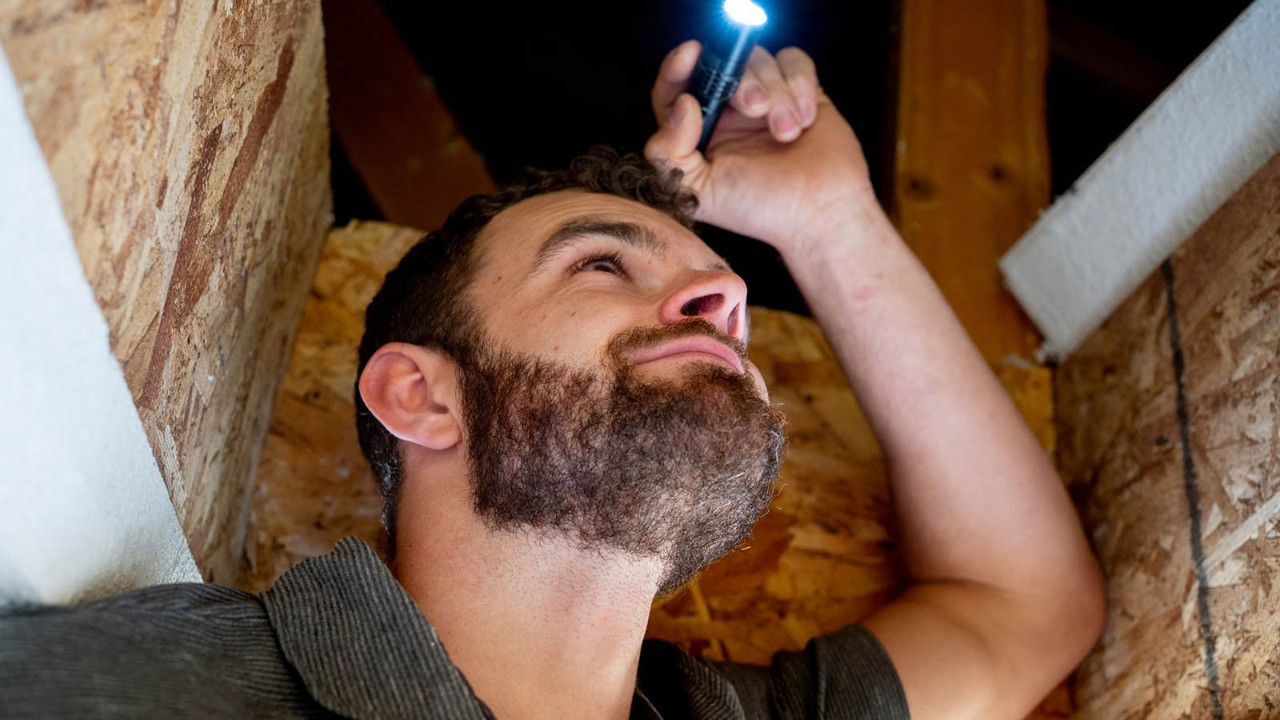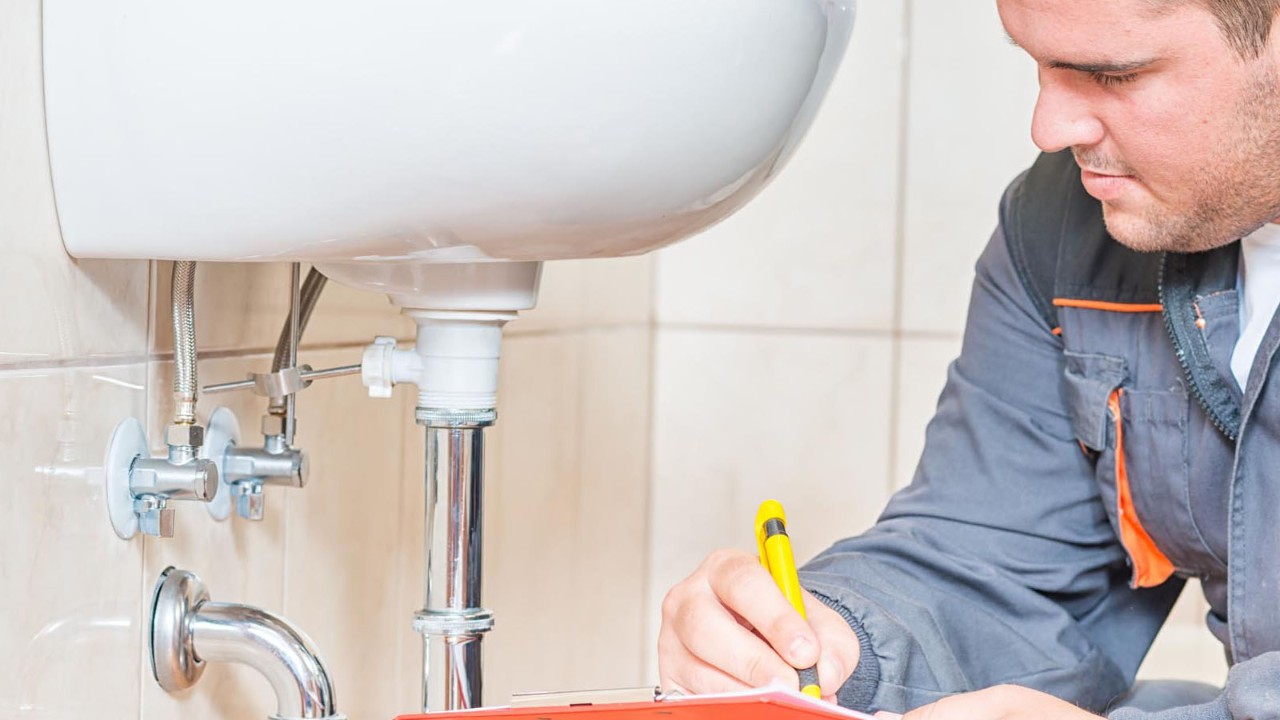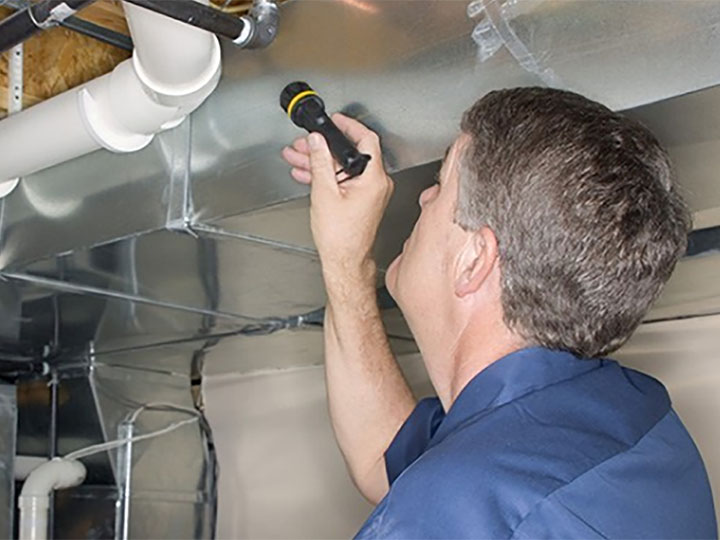Your guide to building and pest inspections - how long they take, what to expect during the process and how you can prepare for a smooth, stress-free experience.
Why are stage inspections crucial when building your new home?

Building your new home is one of the most exciting, yet financially significant investments that many Australians make. During the construction period, it’s vital to ensure your build meets the necessary quality and standards. This is where independent construction inspections come into play.
What is a construction stage inspection?
Stage inspections, also known as progress inspections, involve an experienced building inspector visiting your build at each major stage to ensure that the work is going according to plan. By engaging a building inspector, you gain peace of mind that your home is being built as per your approved plans. Construction stage inspections typically cover four major phases: pre pour, frame, look up, and handover.
Pre-pour inspection (slab stage)
Before the concrete slab is poured, an inspector will check that the footings, drainage, steel reinforcement, and moisture barriers have been set correctly. Any errors in this stage can compromise the entire foundation of the home. Once the concrete is poured, problems become difficult and expensive to fix, making this inspection one of the most critical.
Frame stage inspection
At this stage, the timber or steel frame has been erected but not yet covered. An inspector ensures that walls are straight, load bearing elements are in the right place, bracing is installed, and the roof trusses are secured properly. A frame inspection ensures the structural skeleton of the house is sound before electrical, plumbing, and insulation are added.
Lock up stage inspection
The lock up stage is when the external walls, windows, and doors are installed, making the property secure. An inspector will check brickwork, cladding, roofing, flashings, and seals to confirm everything is weatherproof and compliant against your plans. Any gaps or defects left here could lead to water ingress, mould, or long-term maintenance issues.
Handover inspection
This is the final and most detailed stage. The inspector will go through the finished home with a fine-tooth comb, checking plastering, paintwork, cabinetry, tiling, waterproofing, fixtures, and fittings. Any defects poor workmanship, or incomplete items are recorded in a detailed handover inspection report so they can be rectified before you move in.

Why are stage inspections important?
Ensure structural integrity
Mistakes in the early stages of construction such as incorrect slab or frame dimensions, poor concrete curing, or framing that isn’t to the build plan could lead to major structural issues down the track.
Hold your builder accountable
Even reputable builders can make mistakes. Independent inspections can add a layer of accountability as your builder knows a professional will be checking the work at each stage. They create a documented history of construction quality, which can also be helpful for insurance purposes, resale purposes, and builders warranty claims down the line.
Peace of mind
Even with the reputable builder, things could go wrong. Stage inspections give you confidence that each major stage of your build has been done properly and professionally. Having an experienced independent inspector on your side can bridge the knowledge gap between you and your builder, helping you feel more informed and empowered throughout the process.
Book a reliable and affordable stage inspection today
If you're planning to build, consider partnering with an experienced inspection company such as Rapid Building Inspections, to guide you through the process. It's one of the smartest decisions you can make on your home building journey.



